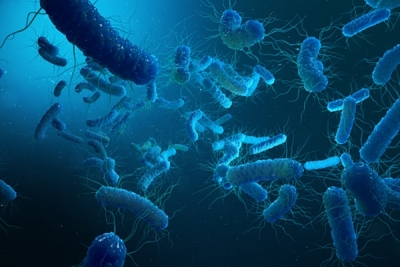New York: Skin behind the ears and between the toes can host a collection of unhealthy microorganisms that can lead to many skin diseases, finds a study.
The microbiome, or the collection of microbes living on and in the human body, play a role in human health, and the skin is no different.
The study by a team at the George Washington University (GW) in the US has shown that the composition of the skin microbiome varies across dry, moist and oily regions of the skin. “My grandmother always instructed the kids in the family to scrub behind the ears, between the toes and in the belly button. So our team decided to test what we call ‘the Grandmother Hypothesis’,” said Keith Crandall, Director of the Computational Biology Institute and Professor of biostatistics and bioinformatics at GW.
“These hotspots are normally washed less often compared to the skin on the arms or legs and thus may harbour different types of bacteria,” Crandall added.
The findings of the study was published in the journal Frontiers in Microbiology. For the study, the team designed an innovative genomics course and then unleashed a team of 129 students who were taught to collect their own data by swabbing certain moist and oily hotspots, behind the ears, between the toes and in the naval as well as from control dry areas like the calves and forearms.
Then they extracted and sequence the DNA in the skin samples in order to compare the microbes living in the hotspots to those in the control regions. The researchers found that forearms and calves which are often cleaned more thoroughly at bath time had a greater diversity and thus potentially a healthier collection of microbes compared to the samples taken in the hotspots.
“When certain trouble-making microbes take over the microbiome they can shift the balance away from health and If the microbiome tips in favour of detrimental microbes, skin diseases like eczema or acne can be the result,” Crandall added.
“The students proved the grandmother hypothesis and their results suggested that cleaning habits can change the microbes living on your skin and consequently its health status,” he added.
IANS
